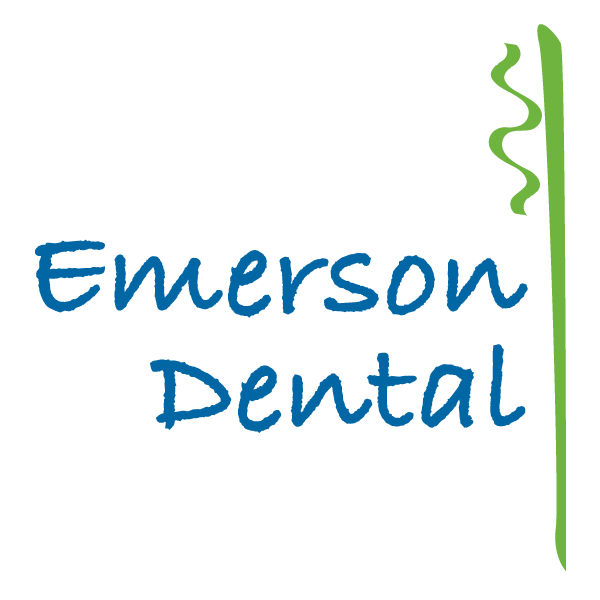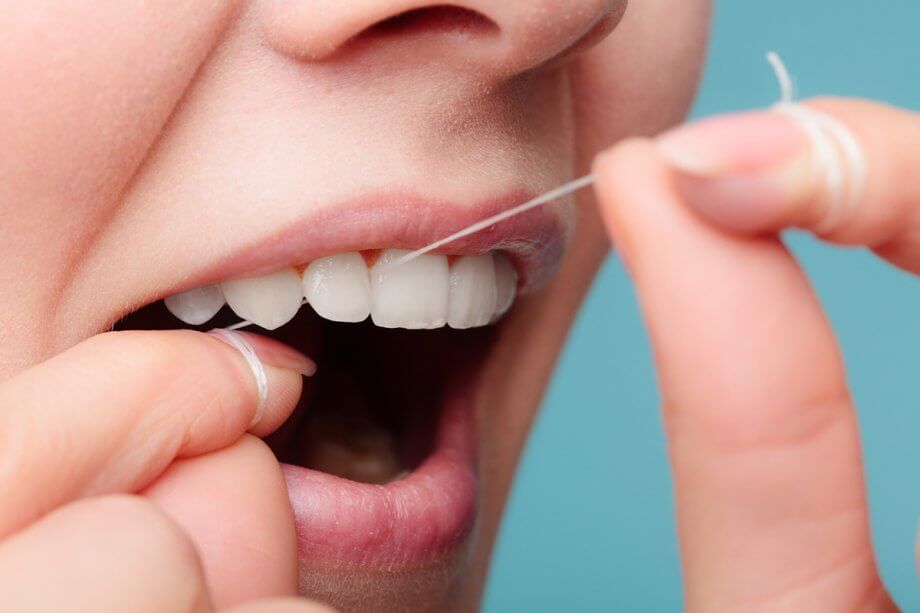Dry mouth is something that we all experience at one point or another. Lips may be chapped, the mouth may feel dry, it could be tough to swallow or even talk. The occasional dry mouth may result from things like having the flu, being nervous before a speech, or even doing too much yard work in the hot sun without hydrating.
On the other hand, those who have dry mouth as a chronic issue may be causing damage to their oral health. Here’s how.
Tooth Decay. Saliva works to neutralize the acids found within the mouth. It also works to help move food particles and debris through and out of your mouth. Without saliva, tooth decay can begin to run wild in your mouth.
Gum Disease. Tooth decay that isn’t addressed can lead to gum disease - and periodontal disease. This is something that needs to be treated as soon as possible to deter further damage.
Caring for your oral health means caring for your whole mouth. And that includes your saliva production, too.
Symptoms of Dry Mouth
Those occasional bouts of dry mouth that we all experience at one point or another can be treated with drinking some water or other hydrating beverage. But the dry mouth we are speaking of now is more of a chronic dry mouth that isn’t relieved by drinking.
Some of the most common symptoms of dry mouth are:
- Chapped or cracking lips
- Cracks in corners of the mouth
- Dry feeling in the mouth - and the throat
- Constant feelings of thirst
- Sore throat
- Lesions in mouth
- Raw-feeling tongue
Finally, dry mouth is usually always accompanied by bad breath.
Why Dry Mouth Happens
So, why does dry mouth happen? What makes one constantly unable to relieve feelings of thirst? Well, there are many different reasons.
One of the most common reasons for dry mouth is due to side effects of medication. There are pharmaceutical drugs on the market to treat all sorts of medical conditions, such as allergies, gastrointestinal disorders, high blood pressure, depression/anxiety, and more - and they all list dry mouth as one of their common side effects. Cancer treatments such as chemotherapy and radiation are also known to cause you to be extra thirsty.
In addition to the medication, dry mouth is one of the symptoms of certain medical conditions, including rheumatoid arthritis, diabetes, HIV/AIDS, and more.
A couple of additional potential causes are:
- Dehydration
- Smoking
- Wearing dentures
What Can You Do About Dry Mouth?
The formal name for a chronically dry mouth condition is xerostomia and it happens when you do not generate enough saliva. Thankfully, there is a treatment available.
Your dentist will review the list of medications you take. If there are any that are known to cause dry mouth, your dentist may suggest that you talk to your medical doctor to see if there are any alternatives.
Though, regardless of why you have a dry mouth, your dentists can work on treating you for it. A few of the most effective ways to do so are:
- Chewing sugarfree gum
- Staying hydrated by drinking water throughout your day
- Use a humidifier while you sleep
- Make a conscious effort to breathe through your nose
Your dentist may also prescribe an oral rinse to increase moisture - or even prescription medication to increase your saliva production.
Any or all of these methods may offer you relief. Through it all, however, you need to maintain good oral health. You should be brushing your teeth regularly - at least twice each day. Although it may not help to stop your mouth from being dry, it will help your mouth stay healthy as you work to overcome the dry mouth.
Let Emerson Dental Better Your Oral Health
At Emerson Dental, we understand how unpleasant a dry mouth can be -- and how damaging it can be for your teeth. With a comprehensive exam, we can address any issues or concerns you may have and take steps to increase your oral health.
Let’s discuss how we can help you. Call Emerson Dental today at one of our two convenient locations:
Westford, MA 978-399-0017
Bedford, MA 781-394-9213
Or, request an appointment online.

